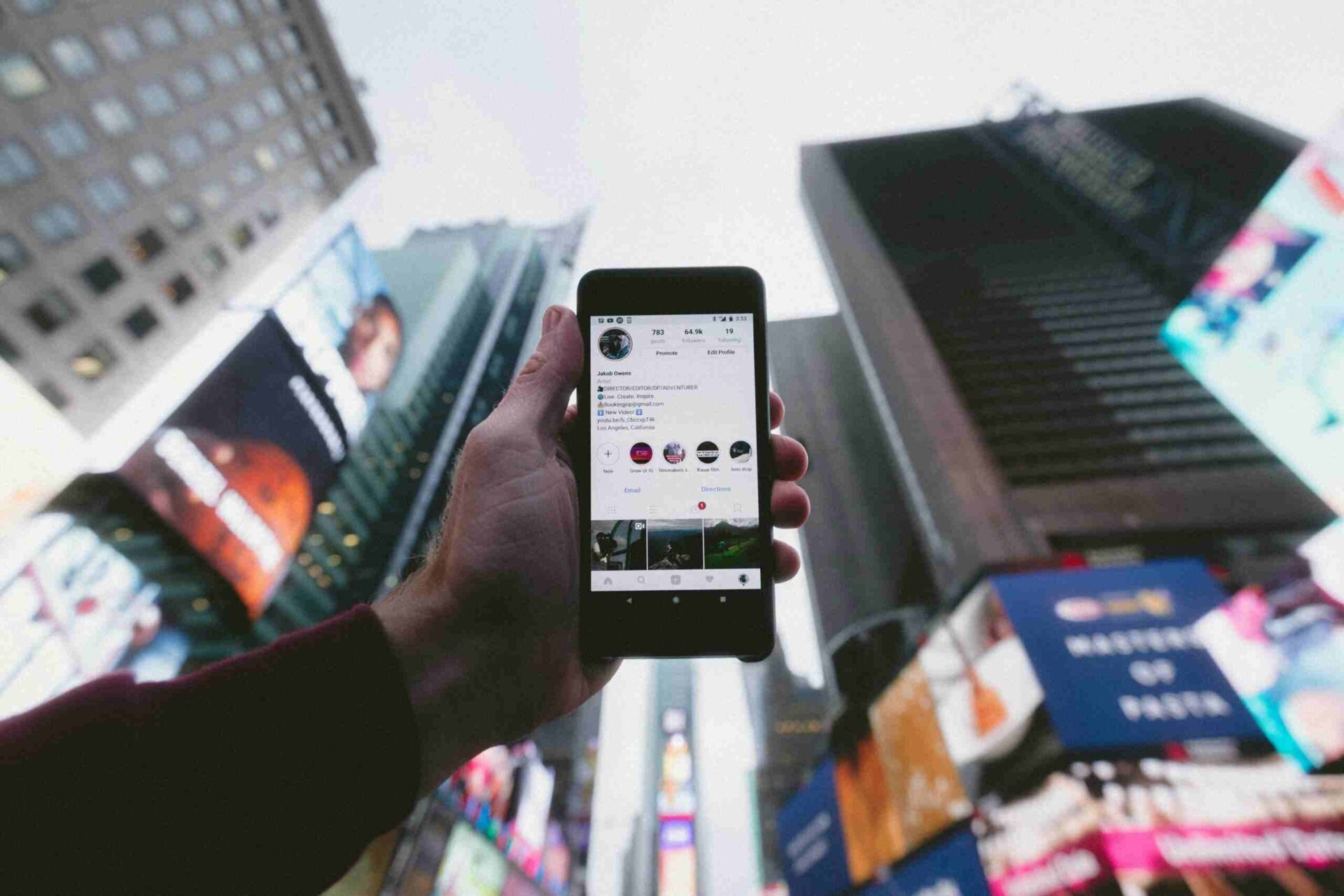The Not-So Secret Weapon of Social Influence
28.02.2024Discover expert strategies for successful influencer marketing in 2023, focusing on authenticity and relationship-building.

In 2023, influencer marketing has evolved into a predominant strategy in the realm of digital marketing. This approach harnesses the influential power of crucial individuals within social networks to drive a brand’s message to the larger market.
Influencer marketing offers a dynamic and effective alternative in a landscape where traditional advertising struggles to make an impact, particularly among younger demographics.
The Current Landscape of Influencer Marketing
The influencer marketing industry has witnessed phenomenal growth, surging from a value of $1.7 billion in 2016 to an estimated $21.2 billion in 2023. This remarkable expansion underscores the increasing importance businesses place on this form of marketing.
Strategic Investment by Brands
A significant 67% of companies intend to increase their spending on influencer marketing in 2023. Notably, 23% of these businesses are prepared to allocate over 40% of their marketing budget to influencer initiatives. This trend reflects the high level of confidence brands have in the effectiveness of influencer marketing.
Preference Among Marketers
In the current marketing ecosystem, 89% of marketers utilise influencer marketing plans to maintain or boost their investment in this area. Instagram reigns as the most popular platform for influencer campaigns, with 79% of brands opting for it, followed by YouTube and TikTok.
Affordability and Accessibility
Influencer marketing is more affordable than traditional advertising forms like TV and print. It provides a unique avenue to reach audiences who may otherwise remain inaccessible through conventional marketing methods.
The Shift Toward Digital and Social Media
The transition from traditional advertising media to digital platforms is driven by changing consumer behaviours. Social media’s pervasive influence in daily life makes it an ideal medium for brands to connect with their target audiences through trusted influencers.
The Power of Authenticity
In the ever-evolving world of social media and influencer marketing, authenticity is not just a buzzword; it’s the cornerstone of success. The power of authenticity lies in forging genuine connections with audiences. Influencers who project authenticity and honesty build a dedicated following.
Consequently, brands collaborating with such influencers witness enhanced brand recognition and engagement. Authenticity, in essence, forms the backbone of any influencer marketing campaign, determining its success or failure.
Creating credible, relevant content is vital in a digital age where information is abundant. This involves thorough research, up-to-date information, and a professional, objective tone. Overselling or exaggerating points can erode trust, underscoring the importance of authenticity in all aspects of influencer marketing.
Challenges and Criticisms

Influencer Fraud
One of the biggest hurdles in influencer marketing is fraud. A considerable number of influencers, about 51% on Instagram, have been found to inflate their followers or engagement through bots. This deception leads brands to invest in false influence. To counter this, brands are advised to use tools or agencies capable of analysing an influencer’s authenticity.
Collaborating with influencers known for authentic engagement and having a loyal community is also a strategic approach.
Increased Competition
The growing investment in influencer marketing has heightened competition for influencer and audience attention. This makes it challenging for brands to distinguish themselves and reach their desired audiences.
Brands should consider niche marketing strategies, targeting specific consumer groups more likely to engage with their products. It is crucial to prioritise authenticity and develop long-term partnerships with influencers who share their values.
Privacy and Security Concerns
Privacy and security issues remain a significant challenge in influencer marketing. As consumer awareness regarding privacy rights increases, brands must ensure transparency and compliance with privacy regulations. This involves ensuring influencers disclose their brand relationships and providing clear data security and privacy compliance guidelines.
Ad-Blocking
The prevalence of ad-blocking software has grown, complicating traditional advertising efforts. In response, brands should look towards native advertising, seamlessly integrating brand messages into content. Diversifying marketing efforts to platforms less affected by ad-blocking, like podcasts or influencer live streams, is another effective strategy.
Practical Strategies for Brands

Guidelines for Selecting the Right Influencers
- Identify influencers who resonate with your brand’s niche or target audience.
- Ensure the influencer’s content will engage and appeal to your potential customers.
- Check the legitimacy of an influencer’s following and look for high engagement rates, indicating an active, interested audience.
- Align the influencer’s pricing structure with your budget and desired return on investment.
- Choose influencers based on the platforms where your target audience is most active.
- Craft a message highlighting collaboration benefits and resonating with the influencer’s values.
- Watch out for fake followers, inconsistent content quality, or controversial behaviour.
Tips for Fostering Authentic Partnerships
- Seek influencers whose values and interests align with your brand.
- Prioritise long-term relationships over one-off campaigns for more authentic partnerships.
- Encourage influencers to have creative control, fostering genuine content that resonates with their audience.
- Emphasise transparency, especially regarding payment rates and contractual agreements.
Examples of Creative and Effective Influencer Collaborations
- Partner with micro-influencers for high engagement and conversion rates in niche markets.
- Utilise cross-platform promotion to maximise reach and interaction opportunities.
- Collaborate on repurposed content, transforming digital assets into various formats suitable for promotional channels.
Conclusion
Influencer marketing in 2023 is a landscape rich with opportunities yet fraught with challenges. Brands that leverage this dynamic marketing approach must focus on authenticity and genuine relationships.
Key takeaways include selecting the right influencers, fostering authentic partnerships, and embracing emerging trends like niche content, micro-influencers, and data-driven campaigns. Brands need to balance sponsored content with authenticity to maintain consumer trust.
It’s time to rethink your influencer marketing strategy. Partner with a digital marketing agency like REBORN, which combines creative marketing strategies with digital media and technology. With their expertise, you can navigate the complexities of influencer marketing and create impactful campaigns that resonate with your audience.
Visit REBORN for tailored digital marketing solutions that transform creativity into growth and drive your brand’s scalable and sustainable development.











